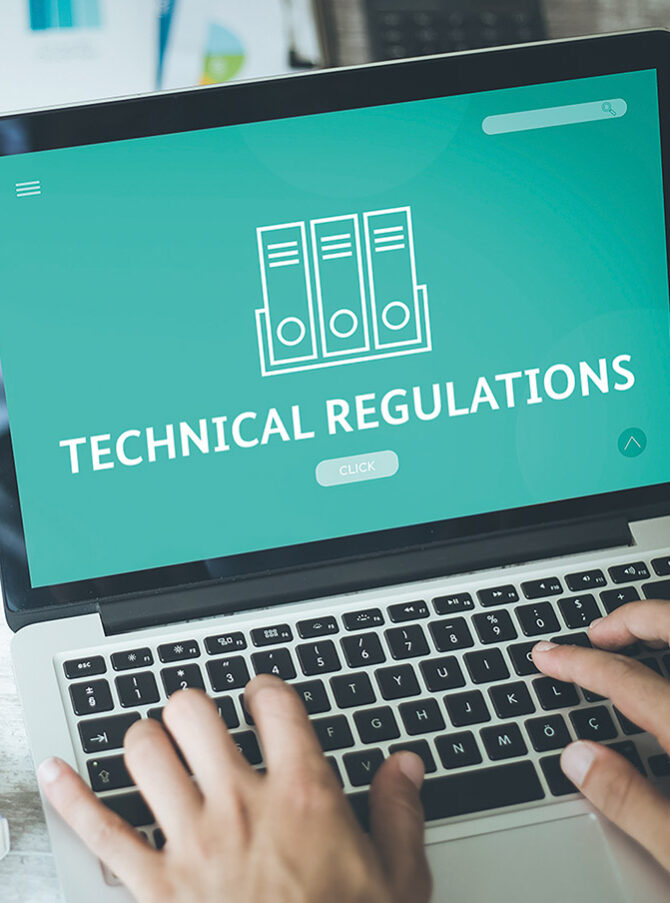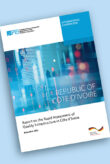Introduction:
We are pleased to announce the release of the revised edition of the Technical Regulations booklet, a valuable resource for regulators and policymakers working towards implementing improved regulatory processes. Developed by PTB (Physikalisch-Technische Bundesanstalt) and ITC (International Trade Centre), this updated version aims to address the challenges of developing and enforcing technical regulations in an ever-evolving global landscape.
Why Technical Regulations Matter:
In today’s world, governments face multifaceted challenges arising from advancements in technology, globalization, digitalization, and climate change. These challenges can have far-reaching effects on safety, the economy, the environment, and society at large. As a response, technical regulations serve as a crucial instrument that allows governments to safeguard their citizens and the environment, addressing both national and global concerns.
The Role of Technical Regulations:
Technical regulations, as outlined in the WTO Agreement on Technical Barriers to Trade (TBT), are essential for ensuring that manufacturers and distributors adhere to specific product characteristics and production methods. This helps prevent market failures, protect consumers, and mitigate environmental damage. However, it is crucial to strike a balance, as poorly developed or illegitimate technical regulations can hinder international trade.
The WTO Agreement on TBT and Good Regulatory Practices:
The WTO Agreement on TBT provides a framework to minimize trade obstacles arising from technical regulations. While it lacks specific provisions for good regulatory practices, discussions within the TBT Committee have highlighted the importance of practices like regulatory impact assessments. These assessments aim to ensure that technical regulations are necessary, cost-effective, and in the best interest of society.
Enforcement and Market Surveillance:
Effective enforcement of technical regulations is essential, but it should not unduly burden businesses. The booklet emphasizes the need for an efficient market surveillance system, strategically deploying limited resources to high-risk areas. This approach, combined with pre-market controls, if necessary, ensures that regulations achieve their legitimate objectives without creating unnecessary challenges for businesses.
International Collaboration and Good Regulatory Practices:
Given the complexity of challenges such as digitalization, climate change, and globalization, the booklet underscores the importance of international collaboration. Technical regulations, when developed using good regulatory practices, contribute to harmonizing frameworks globally. The focus on international standards helps open various markets to the same product, fostering fair and competitive trade practices.
Conclusion:
The updated Technical Regulations booklet serves as a comprehensive guide for regulators and policymakers in developing and transition countries. By implementing improved regulatory processes, these nations can enhance trade among themselves and with developed countries. PTB and ITC express gratitude to the contributors and hope that this resource will be instrumental in achieving improved regulation, enhanced exports, and a safer global marketplace.
To explore the updated Technical Regulations booklet, visit our website: https://www.ic.ptb.de/media/fileadmin/Publications/PTB_Info_Technical_Regulations_EN.pdf
Cover image © iStock








